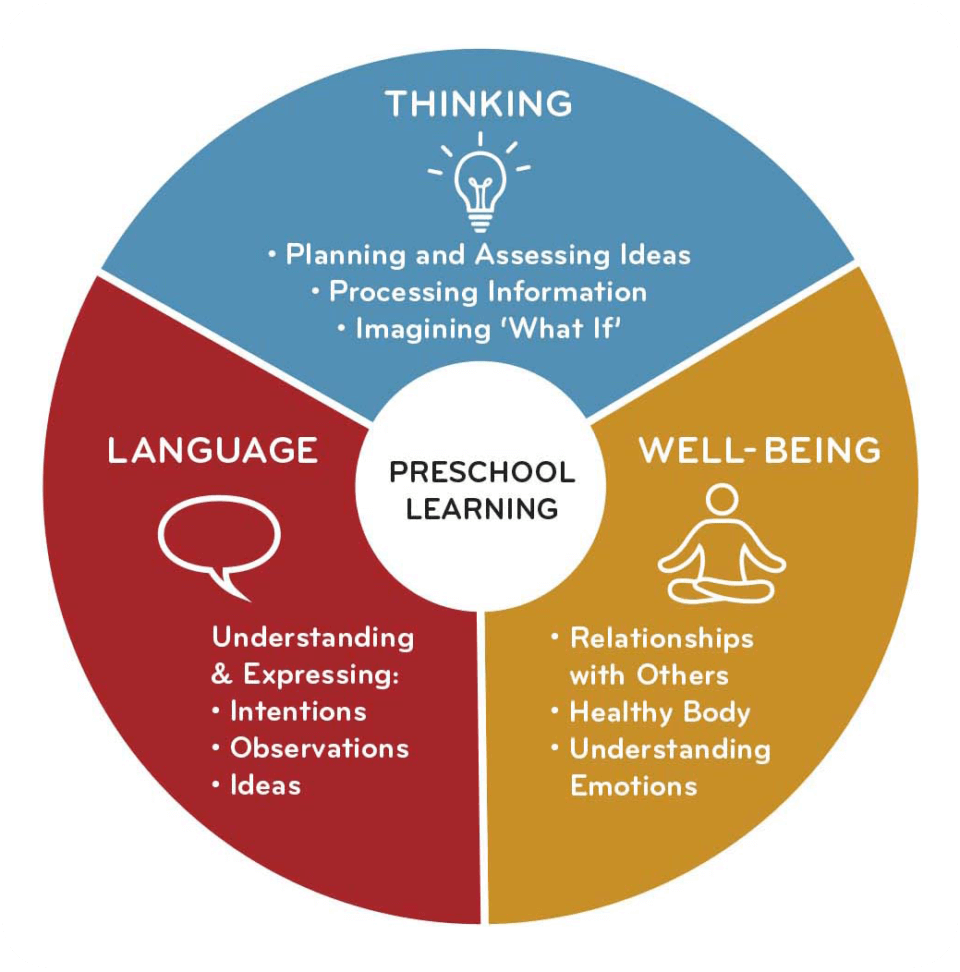Together for early learning
The federal government’s historic $30 billion investment in early learning and child care is a once in a generation opportunity for Canadian families.
Now, more than ever, we must work together to make ECE happen in provinces and territories across Canada.
Latest Updates
View AllNova Scotia issues expression of intent to expand ELCC
October 21, 2021 Within its Early Learning and Child Cafe bilateral agreement, Nova Scotia is taking another big step forward in making affordable... Read moreQuebec announces $3 billion investment in child care by 2025
November 3, 2021 On October 21, 2021, Quebec Premier François Legault announced a $3 billion investment in child care to create 37,000 additional subsidized spaces by... Read moreSeamless Day Kindergarten in British Columbia
October 20, 2021 On October 18, British Columbia announced the expansion of the Seamless Day Kindergarten initiative to twenty local schools... Read moreFor kids, parents and Canada

Beyond custodial care, early childhood education (ECE) offers a space where children learn essential language, social, physical, emotional, and thinking skills. ECE engages young minds in learning experiences.
Although daycare alone allows parents to work and keeps children safe, children and families are better served if ECE is the foundation of Canada’s early learning and child care strategy.
ECE is a first tier of education that is as important as those that follow. The first 2,000 days of a child’s brain development sets the foundation for learning and well-being that lasts a lifetime.
Yet today, only one in two Canadian children aged five and younger regularly attends an ECE program, putting Canada substantially below the OECD average.
Visit Early Years Study to learn more.

The Federal Government’s $30 billion commitment goes beyond providing basic daycare. It promises that children will have access to high-quality, universal and publicly-funded early learning and child care.
As governments continue to consult and develop a system that works best for parents and children, we must see this as an educational opportunity, and not just daycare that takes care of kids so parents can work.
Provincial and territorial public education systems provide the sturdy public infrastructure needed to grow universal early learning and child care systems to offer ECE to all children.
Public education is a right for all children, with numerous benefits:
- Schools are public places that exist in every community;
- Schools can and do offer extended day programs to accommodate parents work;
- Schools provide professional work environments that attract qualified educators.

Early childhood education is the smartest investment Canada can make.
The cost of a universal system is big, but so are the payoffs. Economists estimate that every $1 of public money spent on ECE yields a $6 return over the lifetime of a child through increased labour force participation and better educational outcomes.
Early learning and child care enables parents, particularly mothers, to enter or re-enter the workforce. When parents have good, well-paying and stable jobs, they are more likely to contribute to the economy and pay taxes while also reducing their dependence on social benefit programs funded by the government.
The longer-term return on investment comes from better academic outcomes, improved mental and physical health and increased future workforce productivity that happen when early learning and child care offer quality ECE.
The benefits of ECE for children’s well-being, the economy, and the future of Canadian society are endless!
We all have a part to play
Click each puzzle piece below to learn more.

The impact of a Canada-wide early learning and child care system will be felt across the country.
For children, it will mean improved outcomes and fewer economic and racial barriers later in life. ECE will help build a fairer and more equitable society.
Quality early learning opportunities launch preschool children on positive learning pathways while also narrowing achievement gaps that emerge before children start school.
Studies consistently show that accessing quality ECE improves children’s language, literacy / numeracy and behaviour, reduces special education needs, and enhances high school completion.

As part of its 2021 Federal Budget, the Canadian government committed to build a universal high-quality, affordable and accessible early learning and child care system across Canada.
This investment will:
- support improvements and the expansion of non-profit and public early childhood education;
- increase compensation and professional learning opportunities within the early years’ workforce;
- reduce fees to an average of $10 per day in 5 years outside of Quebec
Make no mistake, this once-in-a-generation investment will make a very real and measurable difference in the lives of Canadian families. Increased funding for Canada-wide early learning and child care, with a focus on quality, will help us build back stronger while giving Canada’s children the best possible early learning opportunities.

Canada’s provinces and territories oversee their respective early childhood education programs, including regulated child care and school-based Kindergarten and PreKindergarten.
With a major federal investment now in play, it’s time for Canada’s provincial and territorial governments to step forward with their plans to expand ECE to more children and families and build a strong system of high-quality early learning and child care in Canada

We know that a lack of access to child care can keep parents out of work. With ECE, parents can confidently re-enter the workforce, contribute to the economy and reduce their dependence on social benefit programs funded by the government.
And the spinoffs are endless! Businesses will flourish with parents re-entering the workforce. They will also benefit from having more highly-skilled employees and a stronger economy. At the same time, our communities will be happier, healthier and more prepared for the future.

Creating a Canada-wide early learning and care system will require new capacity to ensure families can access ECE. This means professional work environments and career paths for qualified early childhood educators, including increased compensation.
Jim Stanford, Economist and Director of the Centre for Future Work, affirms that an early learning and child care program would create tens of thousands of jobs.

The impact of a Canada-wide early learning and child care system will be felt across the country.
For children, it will mean improved outcomes and fewer economic and racial barriers later in life. ECE will help build a fairer and more equitable society.
Quality early learning opportunities launch preschool children on positive learning pathways while also narrowing achievement gaps that emerge before children start school.
Studies consistently show that accessing quality ECE improves children’s language, literacy / numeracy and behaviour, reduces special education needs, and enhances high school completion.

As part of its 2021 Federal Budget, the Canadian government committed to build a universal high-quality, affordable and accessible early learning and child care system across Canada.
This investment will:
- support improvements and the expansion of non-profit and public early childhood education;
- increase compensation and professional learning opportunities within the early years’ workforce;
- reduce fees to an average of $10 per day in 5 years outside of Quebec
Make no mistake, this once-in-a-generation investment will make a very real and measurable difference in the lives of Canadian families. Increased funding for Canada-wide early learning and child care, with a focus on quality, will help us build back stronger while giving Canada’s children the best possible early learning opportunities.

Canada’s provinces and territories oversee their respective early childhood education programs, including regulated child care and school-based Kindergarten and PreKindergarten.
With a major federal investment now in play, it’s time for Canada’s provincial and territorial governments to step forward with their plans to expand ECE to more children and families and build a strong system of high-quality early learning and child care in Canada

We know that a lack of access to child care can keep parents out of work. With ECE, parents can confidently re-enter the workforce, contribute to the economy and reduce their dependence on social benefit programs funded by the government.
And the spinoffs are endless! Businesses will flourish with parents re-entering the workforce. They will also benefit from having more highly-skilled employees and a stronger economy. At the same time, our communities will be happier, healthier and more prepared for the future.

Creating a Canada-wide early learning and care system will require new capacity to ensure families can access ECE. This means professional work environments and career paths for qualified early childhood educators, including increased compensation.
Jim Stanford, Economist and Director of the Centre for Future Work, affirms that an early learning and child care program would create tens of thousands of jobs.
Have your say
Ensuring every Canadian child has a good start will take every one of us. Let us know what universal access to early childhood education means to you.
By subscribing, you agree to receive email updates.